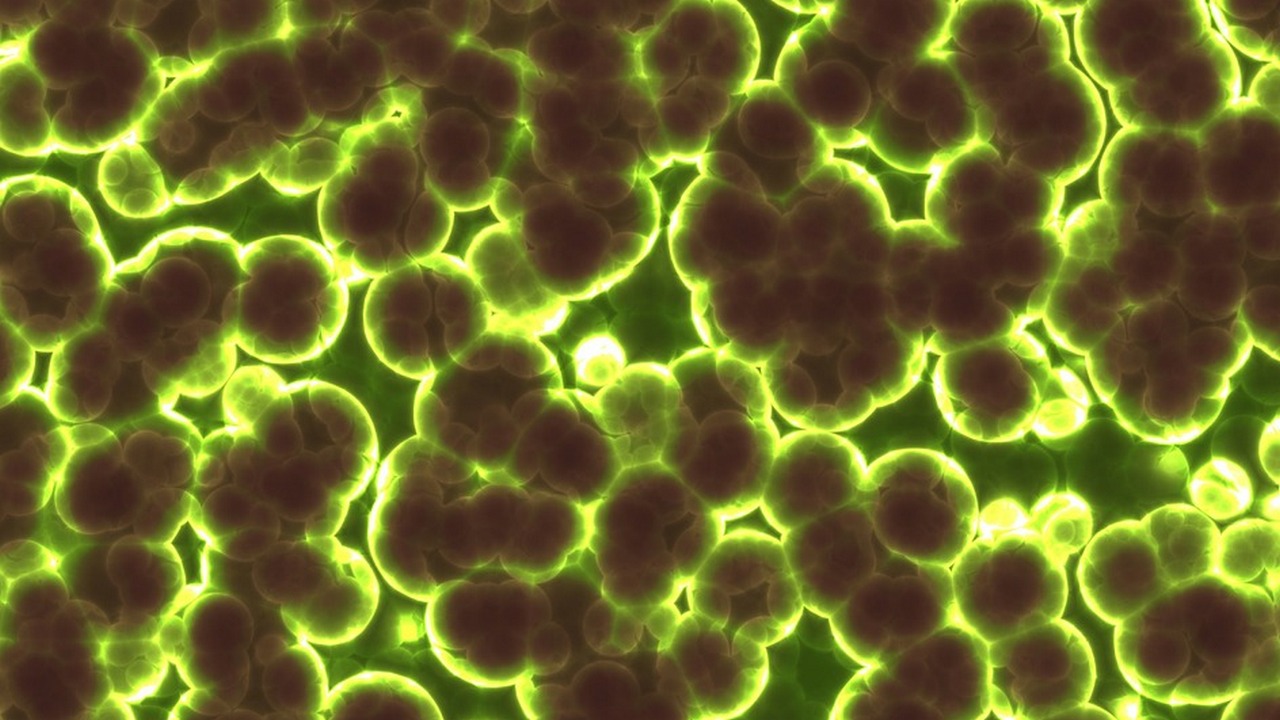Scientists have developed hybrid organisms that use ambient carbon dioxide and nitrogen to produce a variety of plastics and fuels. The research is a promising first step toward low-cost carbon sequestration and eco-friendly manufacturing for chemicals. By using light-activated quantum dots to fire particular enzymes within microbial cells, the researchers were able to create “living factories” that eat harmful carbon dioxide and convert it into useful products such as biodegradable plastic, gasoline, ammonia and biodiesel. “The innovation is a testament to the power of biochemical processes,” said Prashant Nagpal, an assistant professor at the University of Colorado Boulder in the US. “We’re looking at a technique that could improve CO2 capture to combat climate change and one day even potentially replace carbon-intensive manufacturing for plastics and fuels,” said Nagpal. [caption id=“attachment_6793761” align=“alignnone” width=“1280”] Prashant Nagpal. Image: University of Colorado Boulder[/caption] The project began in 2013 when researchers started exploring the broad potential of nanoscopic quantum dots, which are tiny semiconductors similar to those used in television sets. Quantum dots can be injected into cells passively and are designed to attach and self-assemble to desired enzymes and then activate these enzymes on command using specific wavelengths of light. Nagpal wanted to see if quantum dots could act as a spark plug to fire particular enzymes within microbial cells that have the means to convert airborne CO2 and nitrogen, but do not do so naturally due to a lack of photosynthesis. By diffusing the specially-tailored dots into the cells of common microbial species found in soil, the researchers bridged the gap. Now, exposure to even small amounts of indirect sunlight would activate the microbes’ CO2 appetite, without a need for any source of energy or food to carry out the energy-intensive biochemical conversions. “Each cell is making millions of these chemicals and we showed they could exceed their natural yield by close to 200 percent,” Nagpal said. The microbes, which lie dormant in water, release their resulting product to the surface, where it can be skimmed off and harvested for manufacturing. Different combinations of dots and light produce different products: Green wavelengths cause the bacteria to consume nitrogen and produce ammonia while redder wavelengths make the microbes feast on CO2 to produce plastic instead. The process also shows promising signs of being able to operate at scale. The study found that even when the microbial factories were activated consistently for hours at a time, they showed few signs of exhaustion or depletion, indicating that the cells can regenerate and thus limit the need for rotation. The ideal futuristic scenario, Nagpal said, would be to have single-family homes and businesses pipe their CO2 emissions directly to a nearby holding pond, where microbes would convert them to a bioplastic. The owners would be able to sell the resulting product for a small profit while essentially offsetting their own carbon footprint. “Even if the margins are low and it can’t compete with petrochemicals on a pure cost basis, there is still societal benefit to doing this,” Nagpal said. “If we could convert even a small fraction of local ditch ponds, it would have a sizeable impact on the carbon output of towns. It wouldn’t be asking much for people to implement. Many already make beer at home, for example, and this is no more complicated,” he said.
“We’re looking at a technique that could improve CO2 capture to combat climate change,” said researcher Prashant Nagpal
Advertisement
End of Article


)
)
)
)
)
)
)
)
)



